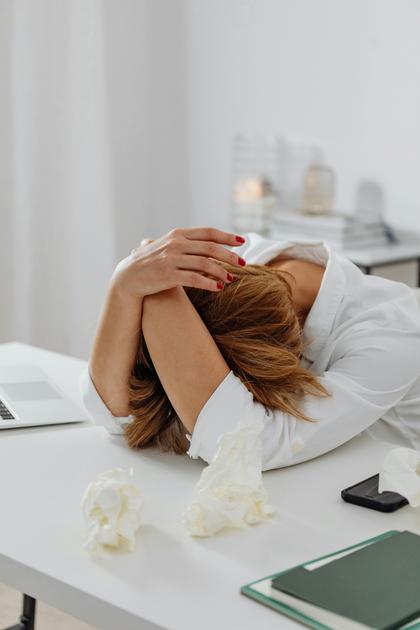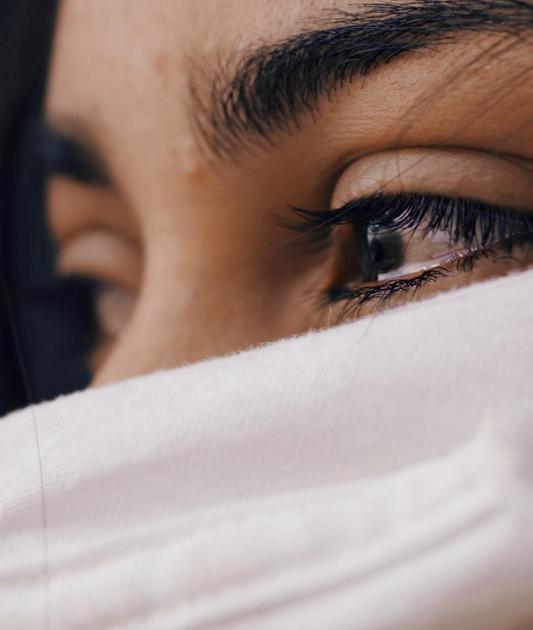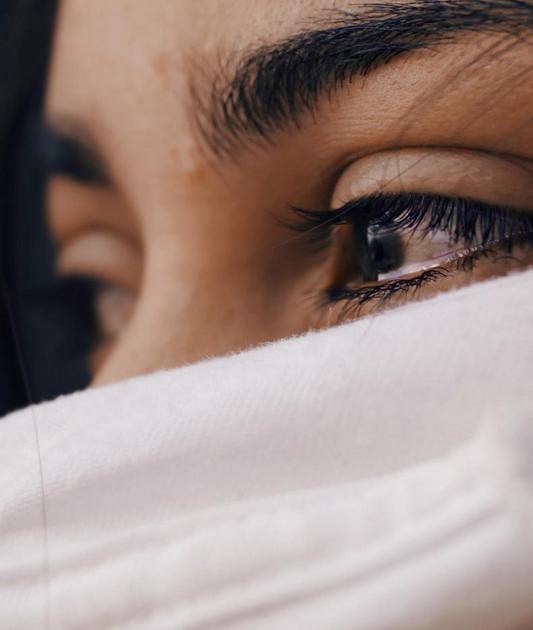Female Hair Loss After 30: Avoid These Diet Mistakes Today!
As women reach their 30s, they often face unexpected challenges like female hair loss. This sensitive issue can lead to feelings of frustration, sadness, and questioning one’s self-worth. Understanding the link between your diet and hair health is crucial; small changes can make a world of difference. Many find themselves caught in a web of confusion regarding which foods to embrace or avoid. In this article, we’ll explore common diet mistakes that could be contributing to hair thinning and offer sustainable solutions for rejuvenation.
Understanding Female Hair Loss: The Hidden Triggers
For women over 30, hair loss can feel like an unexpected and overwhelming challenge. Suddenly, you might notice more hair on your brush, in your shower, or scattered on your clothes. This can lead to feelings of anxiety and frustration. Understanding the reasons behind female hair loss is crucial. First, let’s acknowledge the myriad of hidden triggers that can affect your hair.
Genetics play a significant role in hair loss. If your mother or grandmother experienced thinning hair, you might be more susceptible to it as well. Also, hormonal changes such as menopause can cause fluctuations that impact hair growth. These changes can influence your weight, mood, and sleep cycle, leading to a frustrating cycle of issues.
Other hidden triggers include stress and thyroid problems. Stress is a silent but dangerous factor that negatively affects your health, causing your body to push hair into the resting phase and eventually shed more than it should. Moreover, thyroid disorders, often overlooked, can also lead to noticeable hair thinning.
Why Diet Matters: The Link Between Nutrition and Hair Health
Your diet significantly impacts your hair health. Many women might not realize how the food they consume can either nourish their hair or contribute to its decline. A balanced diet rich in essential nutrients is vital for healthy hair growth.
Nutrition affects cellular health, which means poorly balanced meals can result in weak hair follicles. Insufficient vitamins and minerals, particularly biotin, vitamin D, and iron, can lead to hair falling out prematurely. It is essential to consider how what you eat feeds not only your body but also your hair.
Common Dietary Mistakes That Impact Your Hair
One of the most common dietary mistakes women make is not consuming enough protein. Hair is primarily made of a protein called keratin, and inadequate protein intake may halt hair growth and lead to weakness. If you’re avoiding meat or dairy, it’s pivotal to find alternative protein sources like legumes, nuts, and seeds to help fulfill these needs.
Additionally, other dietary pitfalls include:
- Not Drinking Enough Water: Dehydration can affect hair growth; dry hair is often a result.
- Skipping Meals: A regular eating pattern is crucial for steady nutrient supply.
- Over-Processed Foods: High sugar and unhealthy fats can wreak havoc on your body, leading to inflammatory responses.
- Poor Iron Intake: Iron is key for healthy hair since it supports oxygen transport to cells.
The Role of Hormones in Hair Loss for Women Over 30
As women reach their thirties and beyond, hormonal imbalances often emerge, causing increased hair loss. Fluctuating estrogen and progesterone levels play a role in the hair growth cycle. During certain times, women may experience higher testosterone levels, which can bind to hair follicles and shrink them, leading to thinning.
Conditions like polycystic ovary syndrome (PCOS) are also prevalent in women and can exacerbate hair loss due to elevated androgen levels. Recognizing these hormonal changes and their influence on your hair can empower you to take control and seek the right interventions.
Essential Nutrients for Thicker, Healthier Hair
To combat hair loss effectively, focus on incorporating specific nutrients into your diet that promote hair health:
- Biotin: Supports keratin production. Foods rich in biotin include eggs, nuts, and whole grains.
- Vitamin D: A lack of vitamin D can lead to hair loss. Sources include sunlight, fatty fish, and fortified foods.
- Iron: Crucial for cellular function; sources include spinach, beans, and lentils.
- Omega-3 Fatty Acids: Help nourish hair and add shine; found in fish like salmon and flaxseeds.
- Zinc: Aids in hair tissue growth–found in seeds, nuts, and dairy products.
Food Choices to Embrace for Hair Restoration
It’s time to embrace foods that can reinvigorate your hair! Here are some delicious and nourishing options that can help:
- Leafy Greens: Spinach, kale, and other greens are rich in iron and vitamins A and C.
- Fruits: Berries are packed with antioxidants and vitamin C, crucial for collagen production.
- Nuts and Seeds: Almonds, walnuts, and pumpkin seeds provide omega-3 fatty acids and essential minerals.
- Whole Grains: Brown rice, oats, and quinoa give energy and fiber!
- Lean Proteins: Chicken, turkey, and tofu are excellent for repairing and building hair.
Lifestyle Changes That Support Hair Growth
In addition to dietary changes, consider lifestyle adjustments that can affect your hair positively. Regular exercise can enhance blood flow, helping deliver nutrients to your hair. Find activities that you love, whether it’s yoga, hiking, or dancing—movement is beneficial!
Creating a structured sleep schedule can also help, as adequate rest is essential for overall health. Aim for at least 7-8 hours of sleep each night to improve hormone regulation and reduce stress levels.
How Stress Affects Your Hair and Diet
Stress is perhaps one of the biggest culprits behind hair loss, often sneaking up on us during busy periods. As stress increases, it can lead to poor nutritional choices, as many women may turn to comfort foods rich in sugar and unhealthy fats. This cycle can hinder hair growth.
Finding stress management techniques is essential. Consider meditation, breathing exercises, or even journaling to help clear your mind and reduce stress levels. Prioritizing mental health not only supports your hair but improves your overall well-being.
Consulting Professionals: When to Seek Help
If you find that your hair loss persists despite making nutritional changes, it might be time to seek professional help. A dermatologist can provide insights into your specific situation and suggest treatments or lifestyle changes tailored to you. Additionally, a nutritionist can help create a customized meal plan for optimal hair health, ensuring you aren’t missing vital nutrients.
Embracing Self-Love: Your Journey to Healthier Hair
Finally, remember that the journey to healthier hair is also a journey of self-love and acceptance. Hair loss isn’t just a physical issue; it can impact self-esteem and confidence. Embrace where you are right now! Understand that with the right approach, you can enhance your hair and overall health. Your body is listening, and positive changes can lead to improved outcomes.
There is hope! Other women have faced similar challenges and ventured toward healthier hair with determination and patience. You, too, can empower yourself to take this journey. Discover the simple step-by-step method that can change your life, just as many others have already experienced. You are your best advocate; take that first step towards restoration and self-love.













